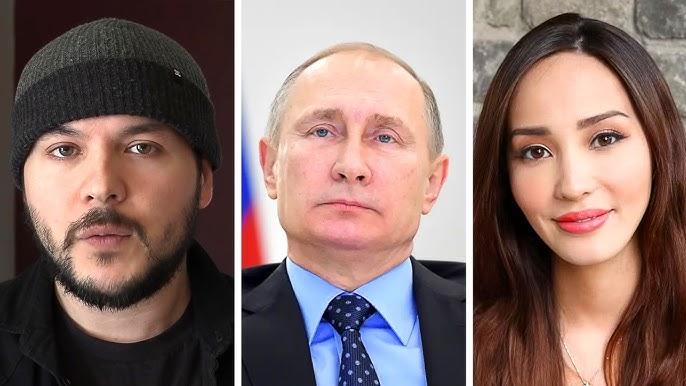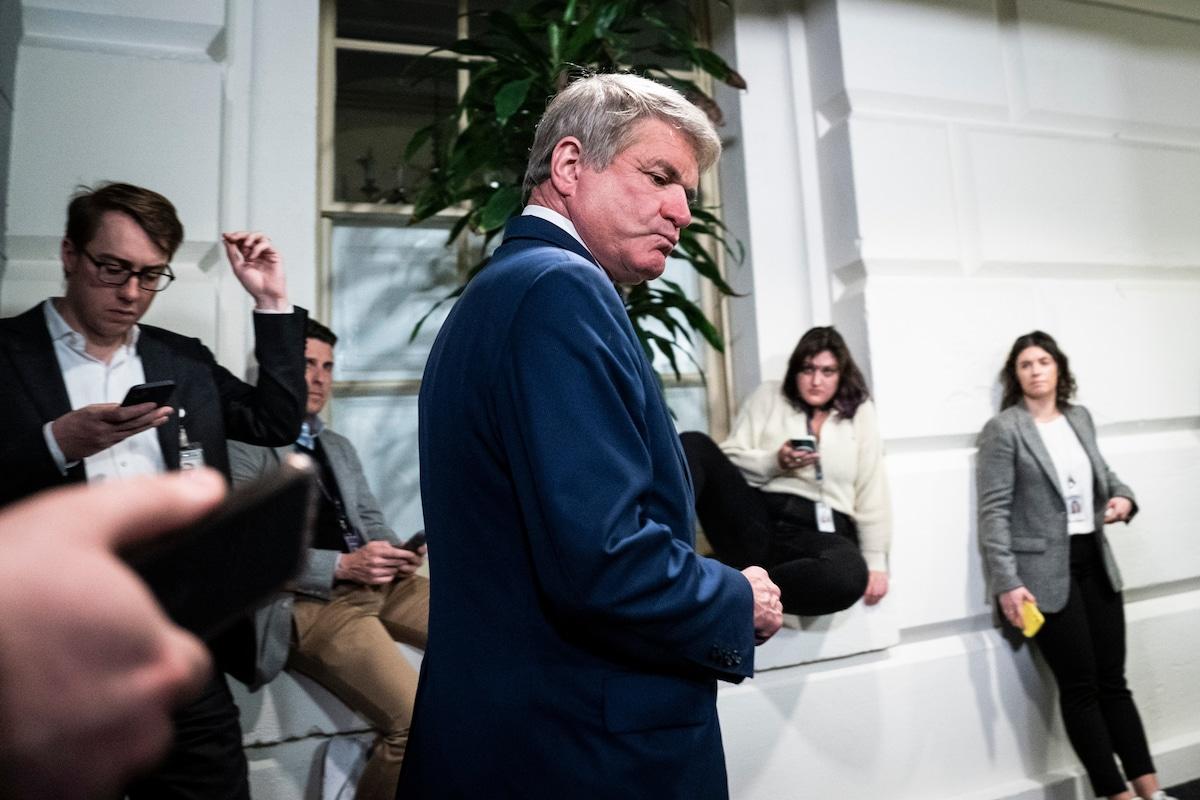Federal officials have charged two RT employees with conspiracy. They allegedly funneled $10 million to hire American influencers.
The scheme aimed to spread Kremlin propaganda before the 2024 election. This operation marks a sophisticated evolution in foreign influence campaigns.
Tenet Media: Front for Russian Propaganda Operation

Nashville-based Tenet Media is implicated in the indictment. Founded in 2022, it claimed to focus on Western issues.
The company’s YouTube channel amassed over 16 million views. This case reveals how legitimate-seeming businesses can be used for propaganda.
Right-Wing Influencers Unknowingly Spread Russian Messages

Well-known conservative commentators were recruited by Tenet. They include Benny Johnson, Tim Pool, and David Rubin.
These influencers claim they were unaware of Russian connections. The operation exploited existing political divisions in the U.S.
Lucrative Contracts Lured Influencers to Propaganda Scheme

Tenet offered substantial payments to its contributors. One influencer reportedly received $400,000 monthly plus bonuses.
These attractive terms helped secure participation from popular figures. The high pay demonstrates the value placed on influential voices.
RT Employees Charged with Multiple Conspiracies

Kostiantyn Kalashnikov and Elena Afanasyeva face serious charges. They’re accused of money laundering and violating foreign agent laws.
The operation allegedly began after RT America’s 2022 shutdown. This shows Russia’s adaptability in maintaining influence after traditional channels close.
Kremlin Narratives Pushed Through Influencer Content

Afanasyeva allegedly exerted control over Tenet’s content. She pushed for angles echoing Russian propaganda themes.
This included blaming Ukraine for a Moscow terrorist attack. The case reveals how foreign actors can shape domestic political discourse.
Social Media Platforms Central to Propaganda Spread

Videos were distributed across YouTube, TikTok, Instagram, and X. The operation’s reach spanned multiple popular platforms.
This multi-platform approach maximized the propaganda’s exposure. It highlights challenges in content moderation across different social media sites.
Influencers Claim Editorial Independence Despite Allegations

Some Tenet contributors deny outside influence on their content. They assert full control over their shows and perspectives.
These claims raise questions about the nature of influence operations. It highlights the complex relationship between sponsors and content creators.
Foreign Election Interference Threats on the Rise

U.S. intelligence warns of escalating foreign influence attempts. The government recently seized 32 domains linked to Russian operations.
Iran allegedly tried hacking both major U.S. political campaigns. These diverse threats underscore the complex landscape of election security.
Implications for Future of Online Information Warfare

This case reveals evolving tactics in digital propaganda. It raises questions about influencer responsibility and due diligence.
The operation’s success may inspire similar future attempts. This incident could prompt changes in how influencers vet sponsorships and partnerships.

